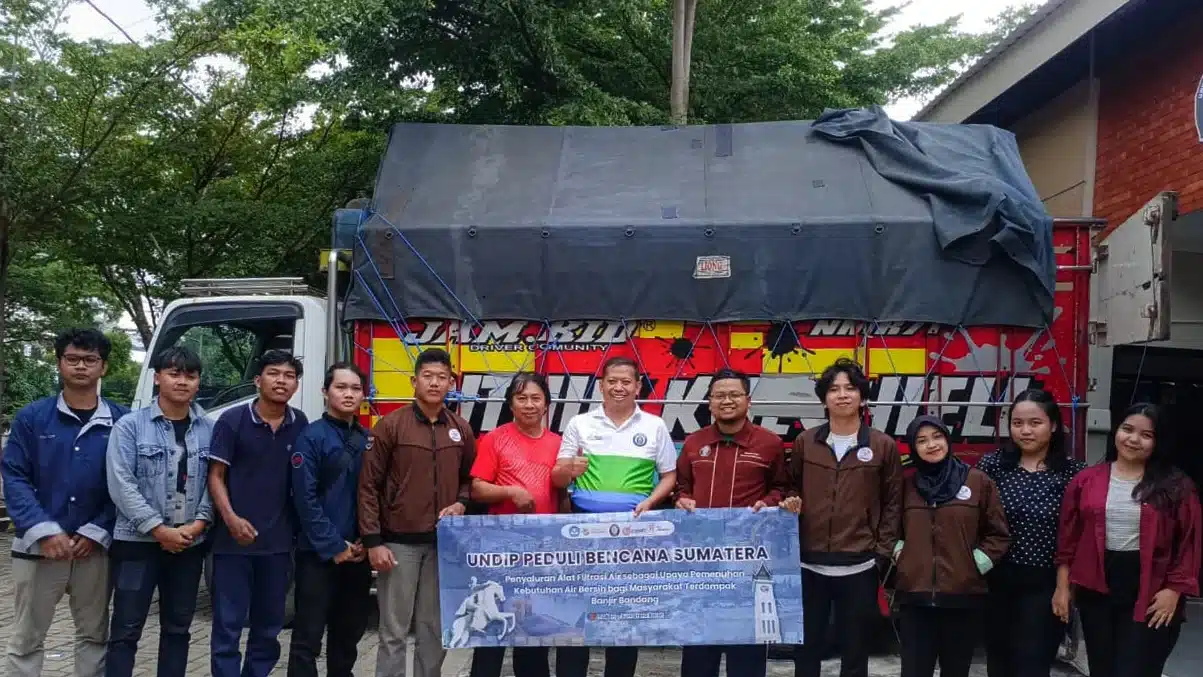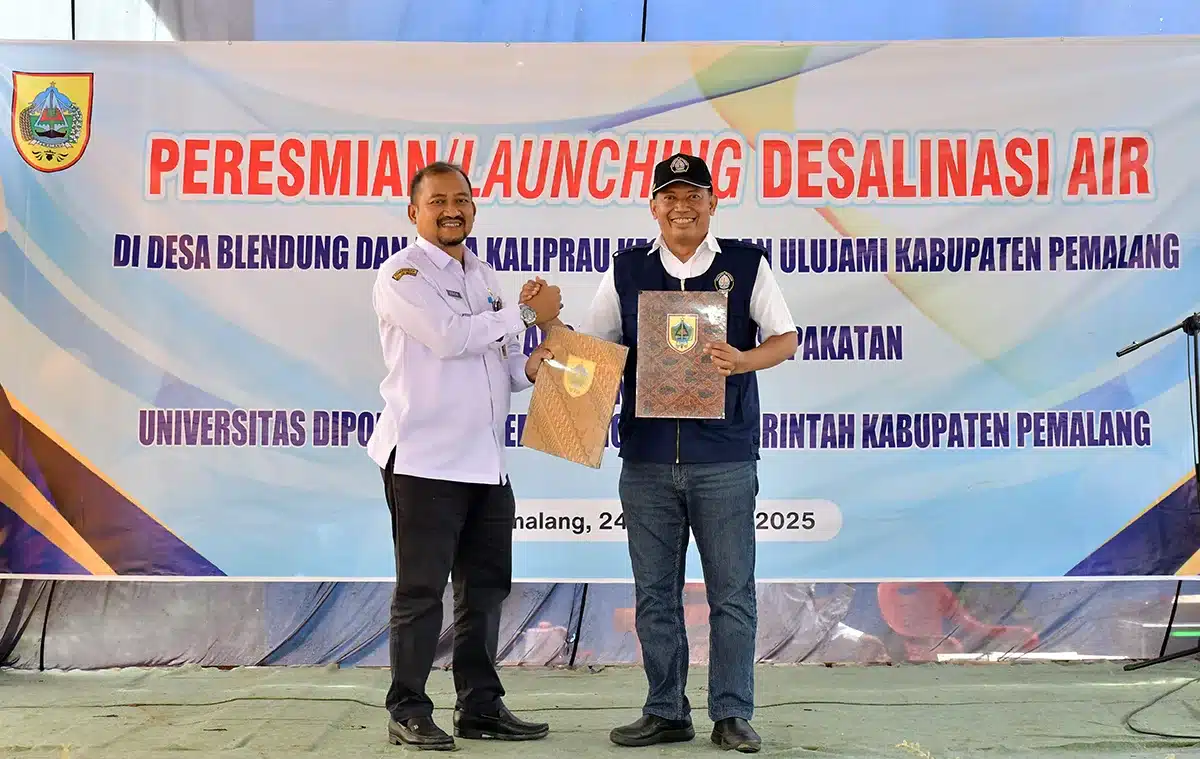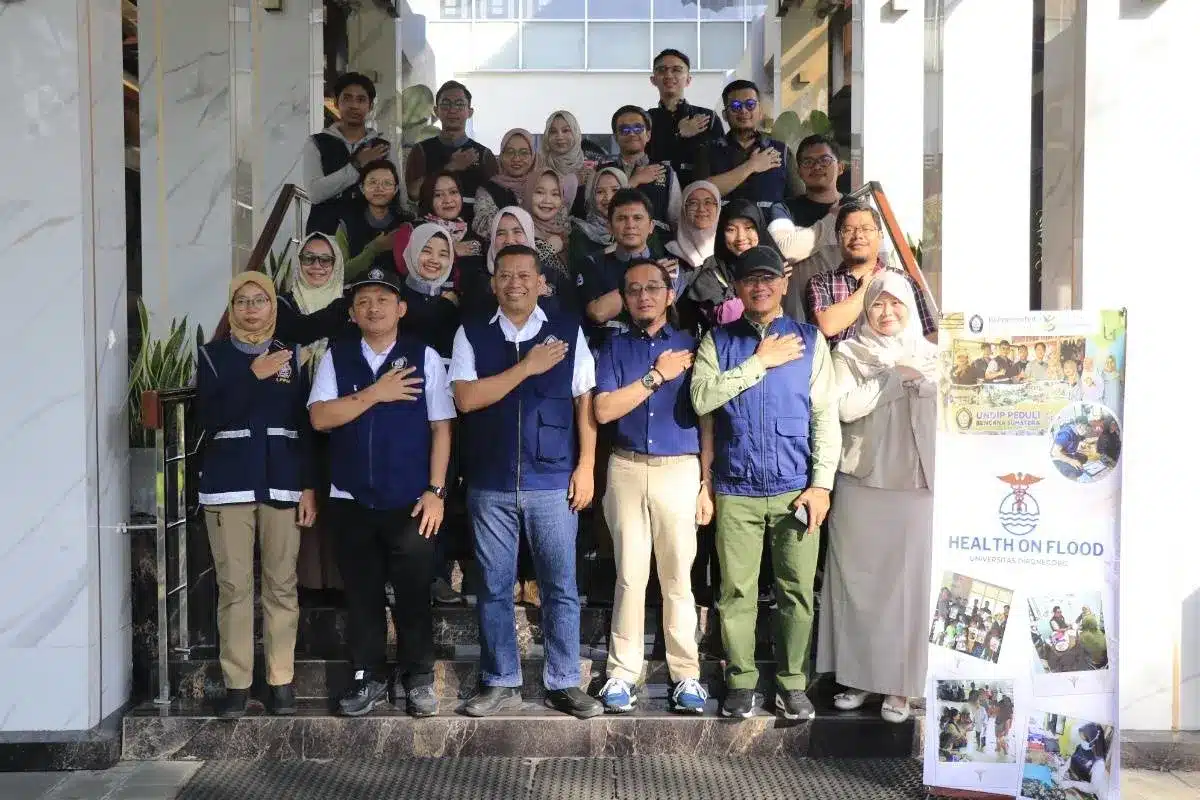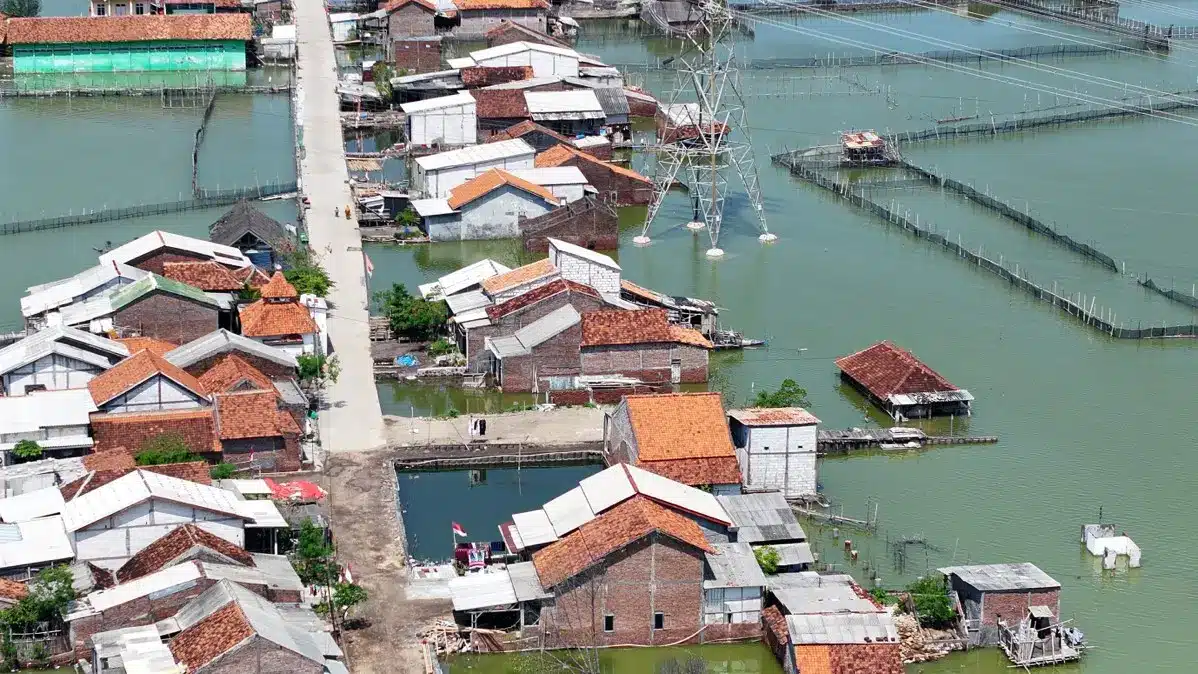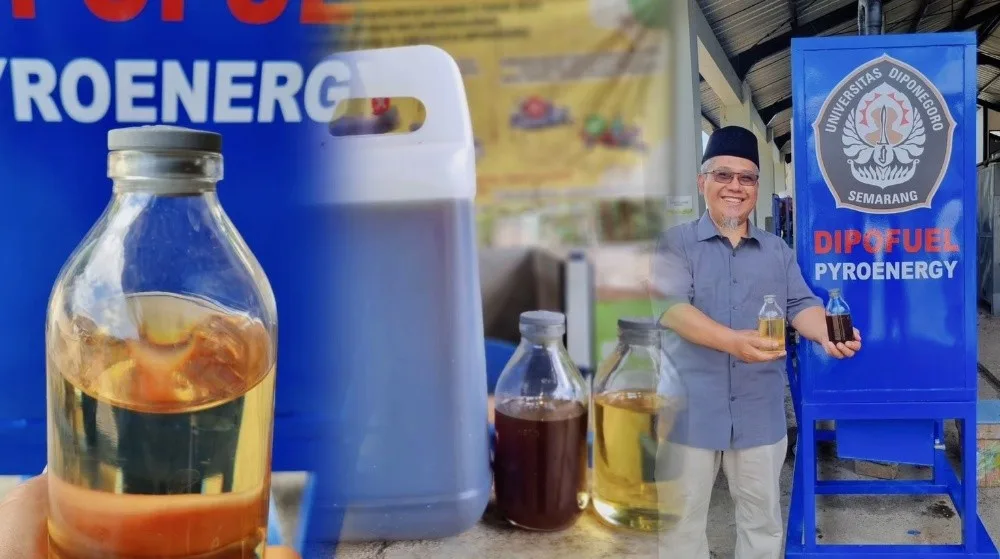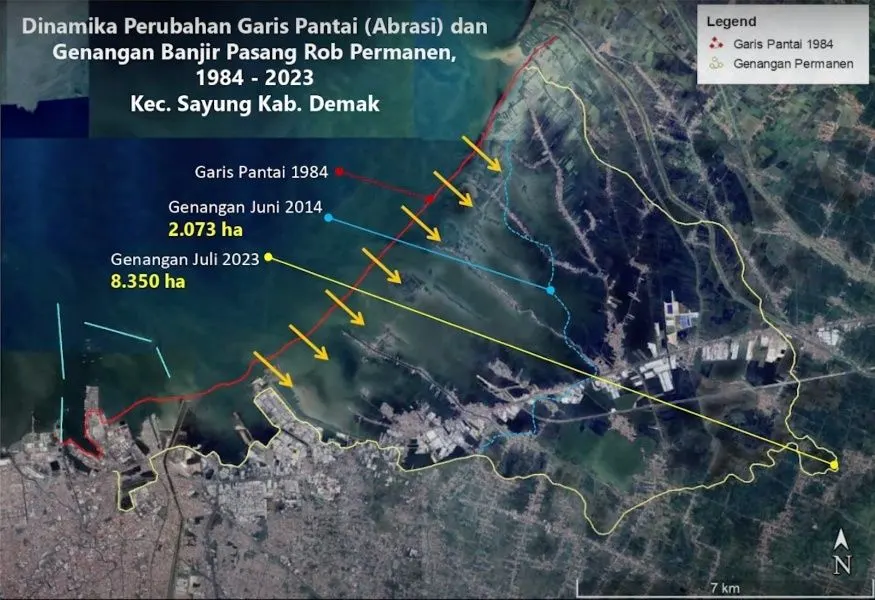UNDIP, Semarang (September 14, 2025) – A researchers team from the Faculty of Medicine, Universitas Diponegoro (FK UNDIP) has secured a prestigious research grant from the United Kingdom Research Innovation-Southeast Asia (UKRI-SEA) Collaboration on Infectious Diseases. They outperformed 51 other research teams from across Indonesia, with only six teams successfully obtaining funding.
dr. Helmia Farida, M.Kes., Sp.A(K), Ph.D., led the research. The team includes three other experts in the field: dr. Endang Sri Lestari, Ph.D.; Dr. dr. Nur Farhanah, MSi.Med, Sp.PD, K-PTI; and Rebriarina Hapsari, M.Sc., Sp.MK(K).
Initially valued at IDR 26 billion, the grant—jointly funded by UKRI and Indonesia’s LPDP—was later adjusted to Rp24.8 billion as part of government efficiency measures. The three-year project will focus on tackling infectious diseases in Southeast Asia, with a strong emphasis on innovations in diagnosis, prevention, and treatment.
dr. Helmia Farida stated that the funding will strengthen collaboration between Indonesian and British researchers, particularly with the Liverpool School of Tropical Medicine (LSTM), to develop solutions to the growing threat of infections caused by multidrug-resistant bacteria in Indonesia and worldwide.
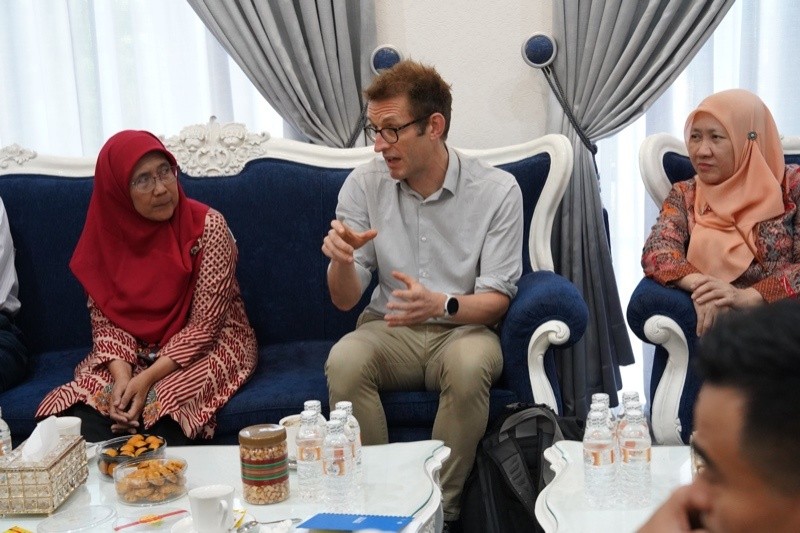
Photo: The Research Team from UNDIP’s Faculty of Medicine and LSTM Research Collaborator, Joseph Lewis, BA., MA., MSci., MBBS., MRCP. DTMH., Ph.D, Senior Lecturer from the Liverpool School of Tropical Medicine (LSTM) were present at UNDIP to meet with the UNDIP Rector and his staff.
The research project, titled “INTerrupting prolifERation of Carbapenem resistance in Indonesia: clinical and genomic Evaluation of Pathways of Transmission (INTERCEPT),” is expected not only to uncover the transmission processes of multidrug-resistant bacteria in hospitals, but also to produce national-level policies and practical modules that can be implemented in Class A, B, and C hospitals across Indonesia. The team has prior experience in developing research that has shaped national antibiotic resistance control policy, including the issuance of Regulation of the Minister of Health of the Republic of Indonesia No. 8 of 2015.
dr. Helmia highlighted that the study stems from a real and pressing problem: the high mortality rate associated with multidrug-resistant bacterial infections. A 2023 study by Tauran et al. in Makassar City found that the mortality rate in Indonesia reached 29.5% among infected patients, ten times higher than the case fatality rate in Indonesia during 2020–2022. Despite this, the severity of the issue remains largely underrecognized. Developing new antibiotics is one possible solution, but it is costly and often beyond the reach of hospitals in Indonesia. Moreover, multidrug-resistant bacteria can quickly develop resistance to new antibiotics, sometimes within just months.
Therefore, the UNDIP research team aims to provide an alternative solution: breaking the chain of transmission of multidrug-resistant bacteria, especially in hospitals, through context-appropriate and measurable interventions that are effective in reducing infections in Indonesia.
dr. Helmia also expressed her gratitude, noting that she had not expected to receive the grant since her team initially had no connections with researchers in the field of Infections in the UK. With indirect help from fellow lecturers, they eventually partnered with enthusiastic researchers from LSTM. “This should encourage other lecturers not to be discouraged when starting international research collaborations without existing connections—there will always be a way,” she said.
“This INTERCEPT research is expected to contribute to a future national policy to curb the spread of multidrug-resistant bacteria in Indonesia, while also addressing the growing challenge of antimicrobial resistance,” dr. Helmia added.
Meanwhile, a team member, dr. Endang Sri Lestari, Ph.D., explained that this research builds on her years of prior work on antimicrobial resistance in Indonesia in collaboration with several Dutch institutions, including the Leiden University Medical Center, Erasmus University Medical Centre, and Radboud University Medical Center. That earlier research on resistant bacteria in Indonesian hospitals and primary health centers also became a basis component of the Regulation of the Minister of Health of the Republic of Indonesia No. 8 of 2015.
As part of the preparations, the LSTM team leader, dr. Joseph Michael Lewis, MBBS. M.Sc., Ph.D., visited Semarang City on September 9, 2025, to meet the Rector of UNDIP. The joint team then conducted coordination visits to hospitals and communities targeted for the study.
The success of this UNDIP Faculty of Medicine team further affirms the university’s reputation as a leading institution in health research. The grant is expected to yield innovations that will improve healthcare systems in Indonesia and globally, reinforcing UNDIP’s commitment to its vision of “Noble and Valuable UNDIP” and to supporting the Ministry’s “Diktisaintek Berdampak” program. (Public Communication/ UNDIP/ DWH, Ed. Nurul)


